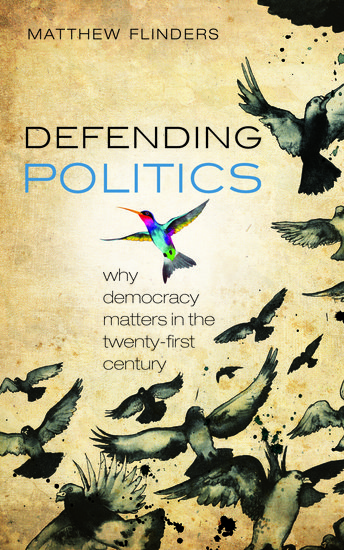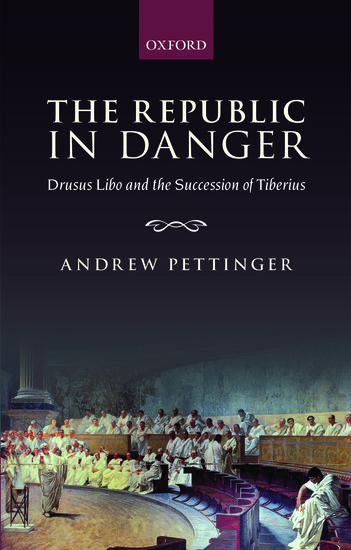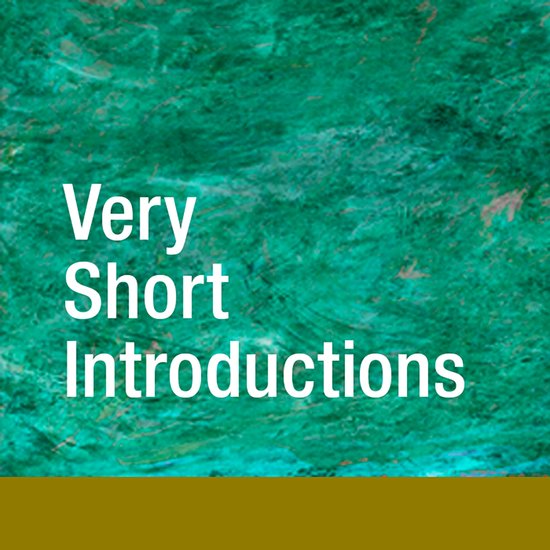Before Caxton? Claiming Oxford as England’s first printing city
By Ian Gadd
‘This Lane is commonly called Pie Lane, but I will call it Winking Lane’. So noted the Christ Church canon, Leonard Hutten, in his perambulatory Antiquities of Oxford, written at some point in the early seventeenth century.










